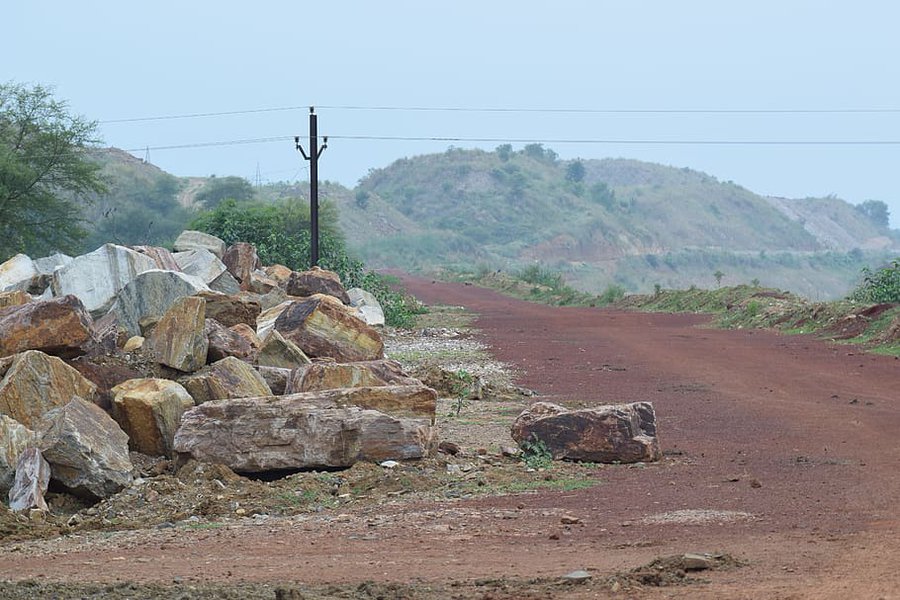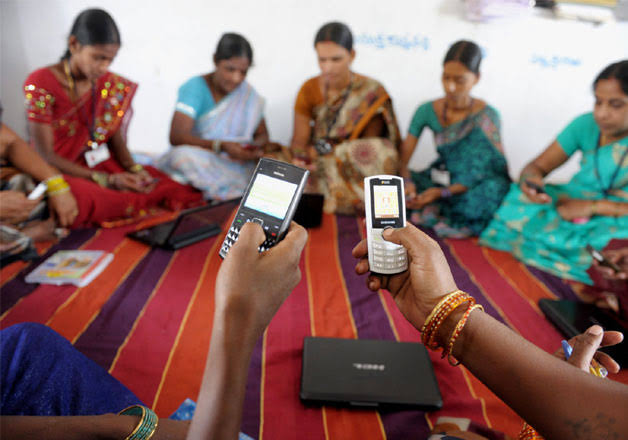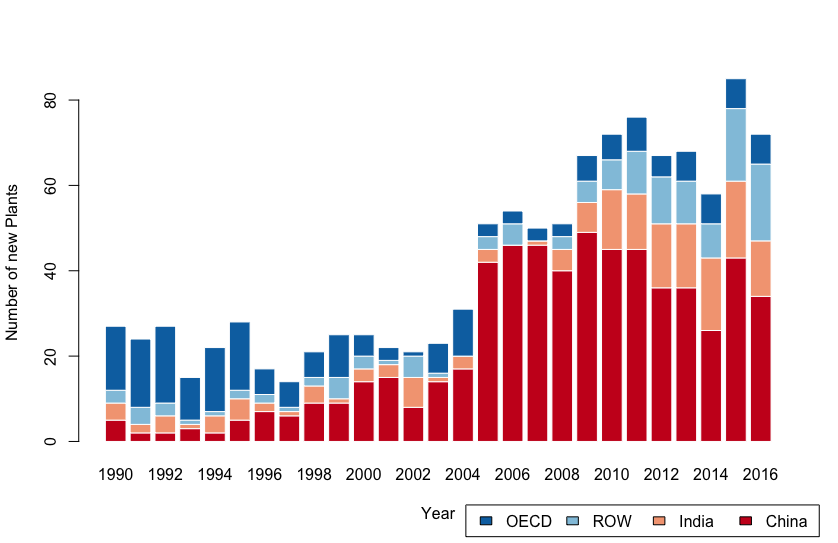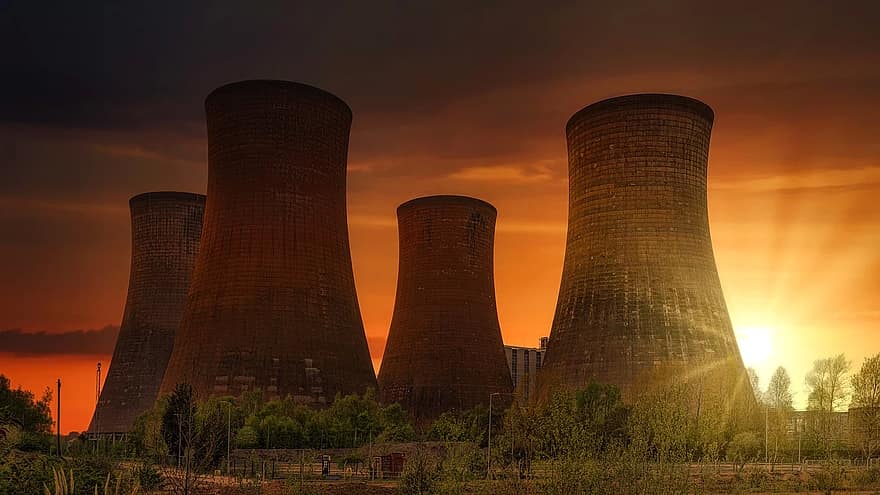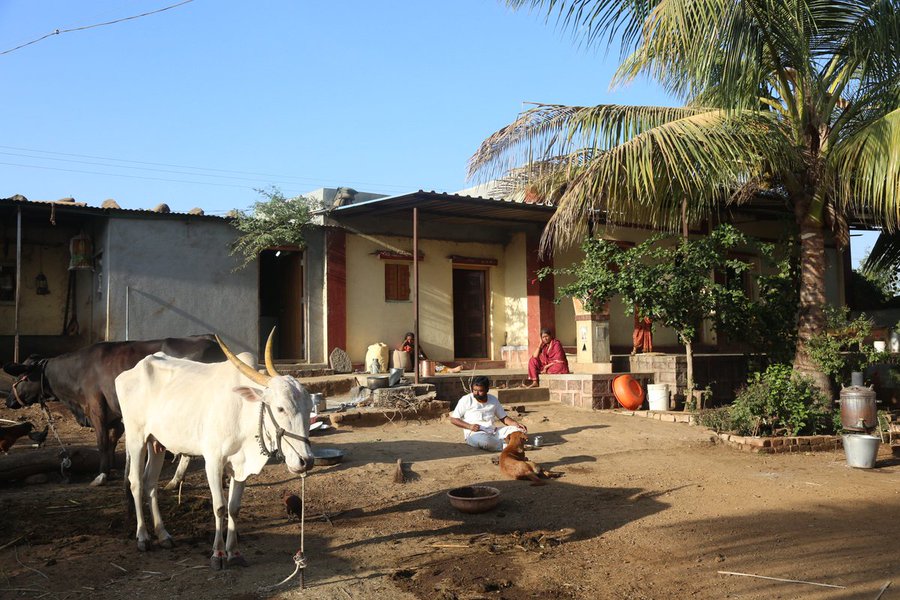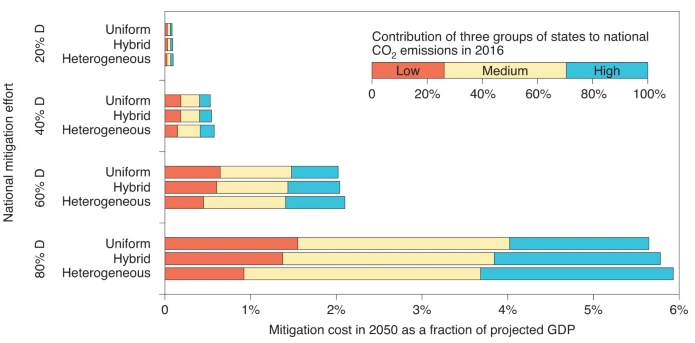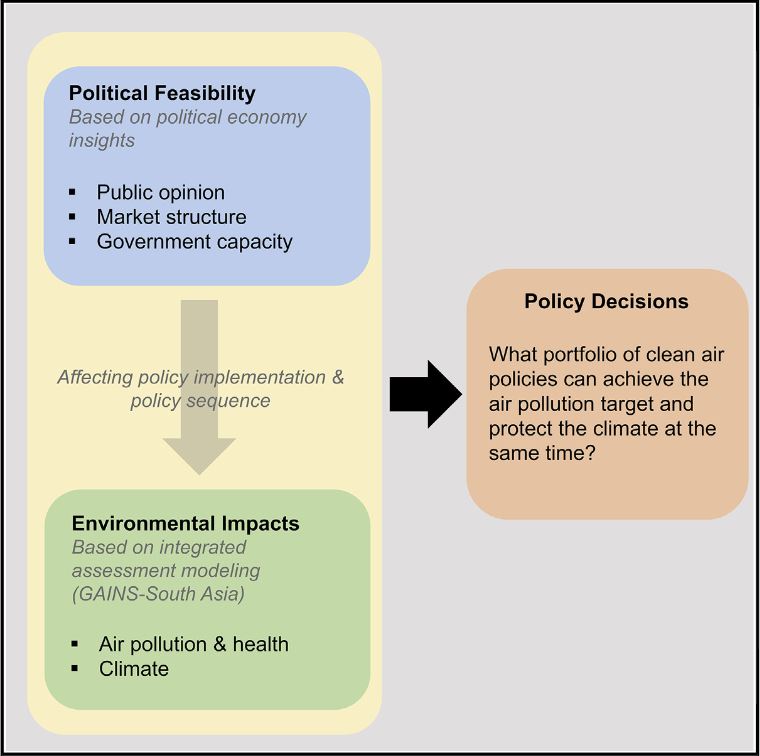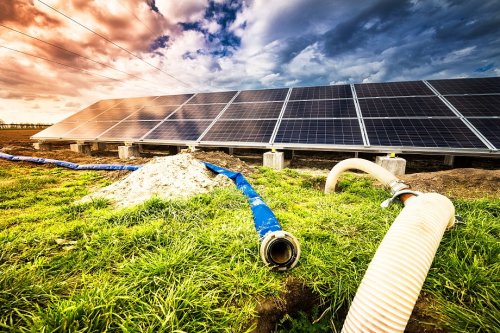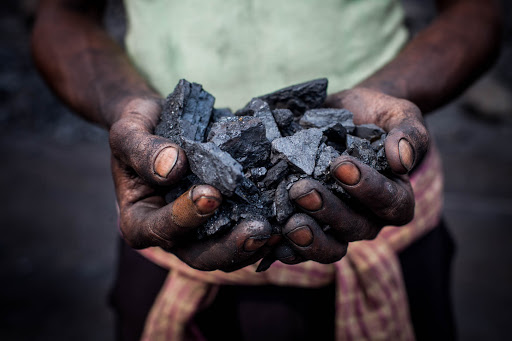
Initiative for Sustainable Energy Policy (ISEP)
@sais_isep
Followers
3K
Following
3K
Media
3K
Statuses
6K
The Initiative for Sustainable Energy Policy @SAISHopkins uses social and behavioral science to design, test, and implement #sustainable #energy policies
Washington, DC
Joined July 2017
When #rural poor often have relatively easy access to free solid fuels like wood and crop residue to cook food, they are reluctant to invest in commercial fuel like gas for essentially the same service: cooking food." @Abhishek_Kar_AK for ISEP blog: https://t.co/Afg0lrU1ur
0
1
2
At scale adoption of renewables battery storage, #GreenHydrogen & contingencies to ensure supply chains for #coal power plants are responsive to demand shocks, imp to overcome India's #powercrisis. Gireesh Shrimali & Abhinav Jindal for @ETEnergyWorld: https://t.co/ApV17LTJ6X
0
0
2
National oil companies (NOCs) have invested hundreds of billions of dollars in foreign #oilandgas assets. Why have some govts increased their NOC outward investments while others have not? Andrew Cheon finds robust evidence for the national hypothesis: https://t.co/M2ShmlUM4L
0
0
0
Satellite data is increasingly useful in understanding global energy and environment systems. A major reason driving the adoption of satellite technology and data is the sheer geographic coverage they offer." @RJikeme writes for ISEP blog: https://t.co/BQ5IL6FKyW
0
0
0
Authors in this study in #China find that #cleanAir actions could bring a direct health benefit by saving medical expenditure. Read here: https://t.co/kmWtG5QnlP … Authors: Tao Xue, Tong Zhu @WeiPeng_Pton, Tianjia Guan, Shiqiu Zhang, Yixuan Zheng, Guannan Geng, Qiang Zhang
0
0
0
In this study, authors (@nicolas_schmid_, @chrisbeaton3, @F_Kern_IOEW, @neilmcculloch64, @anishsugathan & @jurpelai) review existing transitions research on politics and map areas deemed important for future research on transition politics: https://t.co/x5qJspvC0P
0
0
2
Governments in developing countries are investing billions of dollars to increase #electricity access in rural areas, but the literature on the impact of these investments has produced mixed results." @danrthomas, Harish S.P., @RyanKennedy7, @jurpelai: https://t.co/Dkjm9QmJrm
0
0
2
Rural electrification has the potential to transform #rural lives and livelihoods by allowing households to use a variety of electric appliances." @JenLRichmond and @jurpelai on household appliance uptake following #electricity access: https://t.co/Ce87ZF3MML
0
0
1
Actual CO2 emissions and the population exposure to air pollutant emissions, should also be considered, in addition to age of coal fired power plants for retirement decision. ISEP Fellow Nada Maamoun writes on Early Retirement of Coal Fired Plants: https://t.co/fLnCQv3INU
0
0
1
#AirPollution has galvanized opposition to coal-fired #power generation, but counting on concerns over air #pollution to promote the coal-to-renewables shift in the long run is a risky bet." Yana Jin, @WeiPeng_Pton, and @jurpelai via @IOPPublishing: https://t.co/Lw8li6kV6W
0
0
1
Indian internal migration is among the highest in the world, with 30% of the population migrating. In this study, authors show that internal migration has the potential to alleviate poverty. Also, migration does not reduce forest degradation in short term: https://t.co/JLMGmOh7Ne
0
0
1
Villages inhabited solely by Dalits were 20 percentage points less likely to be covered by the program than villages without any Dalits." @MichaelAklin, Chao-Yo Cheng, @jurpelai write on impact of caste inequality in implementation of policy in #India: https://t.co/hmlkOBf6xB
0
0
1
Authors in this study use NICE model to show that an equal per capita refund of carbon tax revenues implies that achieving a 2 °C target can pay large and immediate dividends for improving well-being, reducing inequality & alleviating poverty: https://t.co/lCoS2tqTk7
0
1
2
Air pollution is a pressing problem of public health for developing countries, but governments have few incentives to abate #AirPollution without public awareness of the issue." @_sungkim, Harish S.P, @RyanKennedy7, @jin_xiaomeng & @jurpelai on #Vietnam: https://t.co/dmG10cl1cE
0
0
1
How can political feasibility concerns affect #CleanAir policies in #India? In this study, authors demonstrate how political considerations can be incorporated into quantitative models for environmental impact assessment: https://t.co/FQRSA3JOhC … … … @_sungkim
@PennStateSIA
0
0
1
Sectoral interests play an important role in distributive #politics, but their influence is difficult to measure. @BrianDBlank and @jurpelai compare the effect of international #oil prices on #subsidies for domestic #gasoline and #diesel consumption. Link: https://t.co/narDLm5K28
0
0
1
In this study, @ShaluAgrawal12 and @ajainme identify and discuss 14 factors, which would determine whether the use of #Solar Irrigation Pumps (SIPs) in a given context is economically viable, socially acceptable and environmentally #sustainable. Link: https://t.co/xPz0guh7H3
0
0
0
How beneficial is basic #energyaccess - typically lighting and mobile charging - for rural households? @AseemMahajan, Harish SP, @jurpelai report results from a RCT in rural #UttarPradesh in #India to identify the behavioral impacts of #solar lanterns: https://t.co/HEdjQ1tpgt
0
0
1
Does political alignment at different levels of government influence centralized bureaucratic processes? In this study, authors Jacob Kopas, @jurpelai, and Erin York use data on environmental clearances in India for thermal power plants to test this: https://t.co/fLY78FrmgT
0
0
0
In this article, ISEP Fellow Gireesh Shrimali provides an overview of frameworks for measuring and managing Scope 3 emissions in a world, where product-level marginal emission factors are known with certainty. Discusses issues & recommendations: https://t.co/ltGrKyv3RS
0
0
0







